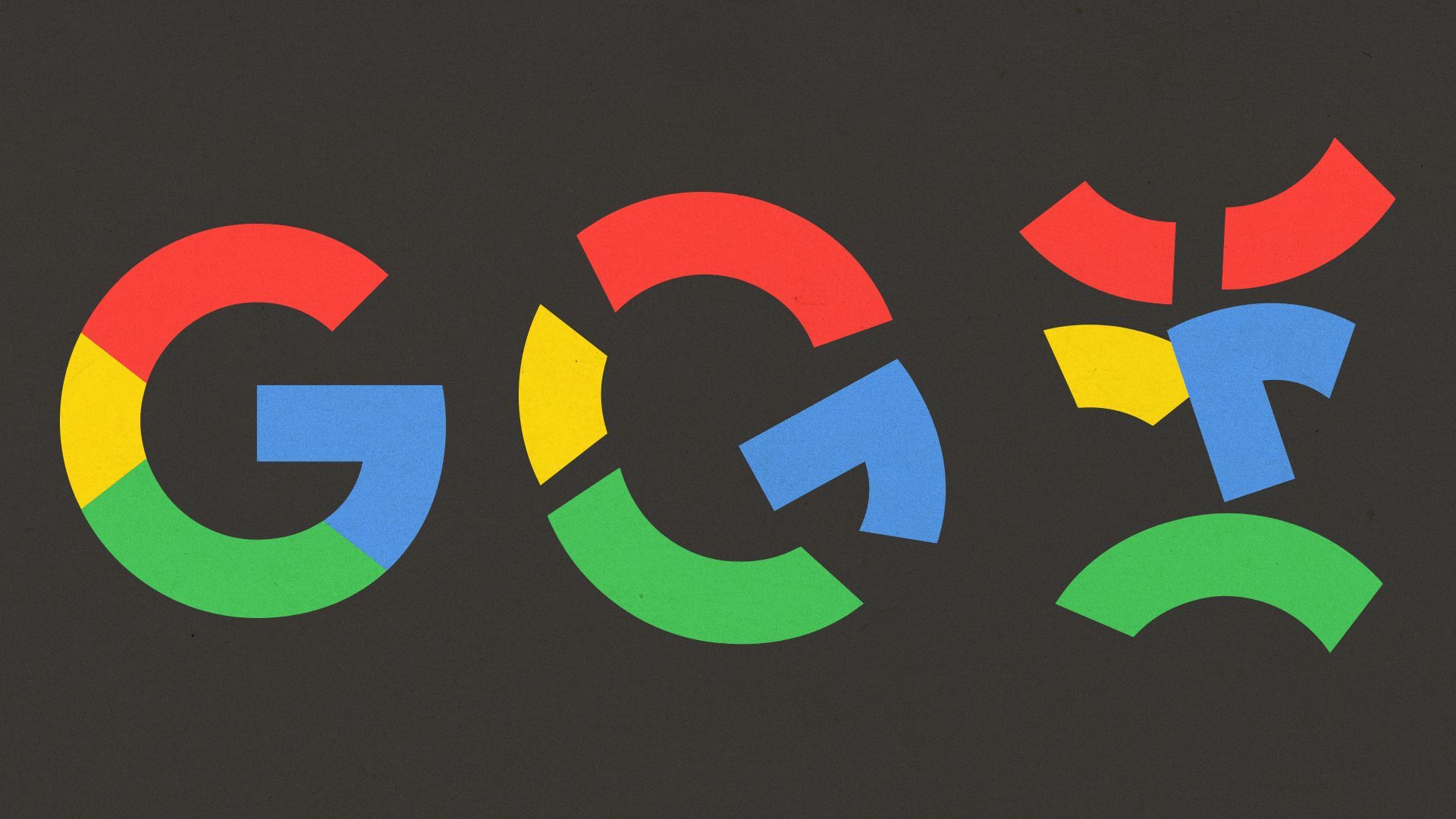|
||
| Presented By AlphaSense | ||
| Axios Pro Rata | ||
| By Dan Primack · Apr 18, 2025 | ||
|
Markets are closed, but Pro Rata is open for business. Also publishing on Monday (aka Patriots' Day here in Mass.), although I may push early to catch some of the marathon (usually stand near the top of Heartbreak Hill, if you're running by). OK, here we go... |
||
| Top of the Morning | ||

|
||
|
Illustration: Aïda Amer/Axios |
||
|
Early-stage venture deals keep getting bigger, even once stripping out AI juggernauts. And that raises a multi-billion dollar question:
By the numbers: Median early-stage round sizes are up year-over-year for most industry sectors, easily outpacing inflation, according to Q1 data compiled by PitchBook and provided to Axios.
The best explanation for this disconnect may be that AI hype hasn't yet translated into a ton of actionable use cases.
The more cynical explanation may be that round size doesn't always match a startup's capital requirements.
Finally, there's the academic explanation of Jevons paradox, formulated by a British economist 160 years ago, whereby increased efficiency can lead to increased consumption.
The bottom line: Venture capital talks a ton about the AI revolution, but so far is putting too much money where its mouth is. |
||
|
|
||
| The BFD | ||

|
||
|
Illustration: Shoshana Gordon/Axios |
||
|
Google lost a major antitrust case yesterday, with a federal judge ruling that it illegally dominates both the online advertising and ad-tech markets. Why it's the BFD: This could lead to forced divestitures and sudden opportunity for runner-up rivals, were Google to also lose its appeal.
The bottom line: "The court drew a distinction between the markets for advertising exchanges and ad servers, where it found Google has an illegal monopoly, and the general market for display ads online (i.e., the old DoubleClick acquisition), where it found Google does not." — Sara Fischer & Scott Rosenberg, Axios |
||
|
|
||
| Venture Capital Deals | ||
|
• Goodfire, an AI interpretability research company, raised $50m. Menlo Ventures led, joined by Lightspeed, B Capital, and Anthrolpic. axios.link/42m988M • Meadow, a financial services provider for college students, raised $14m in Series A funding. Matrix Partners led, joined by insiders Susa Ventures, Giant Ventures, Treble Capital, and GoGlobal Ventures. axios.link/4jzbFCJ |

